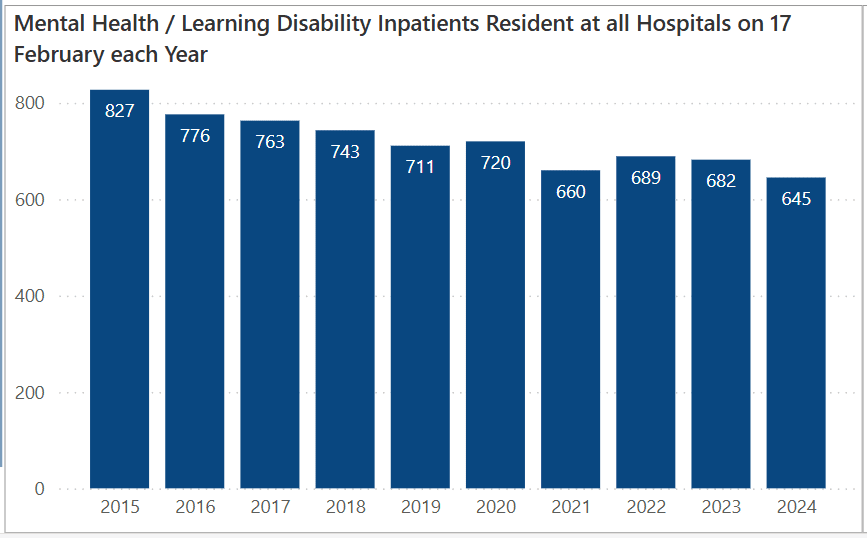
Archive for October 2024
Correctional Transgender Policy in Canada’s Federal Prison System
Implementation Study of “Building Resilience,” Including Positive Psychology Interventions and Positive Emotion Regulation Training in Patients With Severe Mental Illness in an Adult Outpatient Psychiatric Mental Health Setting: An Exploratory Clinical Trial
Identifying Risky Places on Campus: The Impact of LSC and Fear of Crime
Test–retest reliability and sensitivity of a brief clinical monitoring measure for transgender and gender diverse adults: The Trans Collaborations Clinical Check-In (TC³).
Youth Hate Crimes and Identity-Based Bullying Prevention Curriculum
Doorknob Bombshells in Therapy: The Deadline, the Brain, and Why It Is Important to End on Time

School Refusal Behaviors: The Roles of Adolescent and Parental Factors
Developing a research agenda on NATure-based and Animal-assisted Intervention Strategies (NATAIS) in people with neurodegenerative diseases with a specific focus on social isolation and loneliness: a group concept mapping procedure
A Primer on Deep Learning for Causal Inference
These Loans Help Poor Families Rebuild After Climate Disasters

Mindfulness to enhance quality of life and support advance care planning: a pilot randomized controlled trial for adults with advanced cancer and their family caregivers
Administration for Children and Families (ACF): Tribal Child Support Program Overview
Untapped Potential: Designed Digital Trace Data in Online Survey Experiments
Pharmacy Access to Resources and Medication for Opioid Use Disorder (PhARM-OUD) Guideline
A systematic review of self-regulation measures in children: Exploring characteristics and psychometric properties
Response to the Scottish Parliament’s Health, Social Care and Sport Committee’s call for views on National Care Service (Scotland) Bill (Stage 2)
Validation of Rosenberg self-esteem scale among Norwegian adolescents – psychometric properties across samples
“Although Burdened, Do We Need to Do More?” Street-Level Bureaucrats’ Organizational Citizenship Behaviors in Poverty Alleviation Policy Implementation
Unethical Consumer Behavior Following Artificial Intelligence Agent Encounters: The Differential Effect of AI Agent Roles and its Boundary Conditions
The current practice of latent growth curve modeling in the social and behavioral sciences: Observations and recommendations
Which diagnoses and arguments regarding severe mental disorder do forensic psychiatric experts in Sweden consider in different cases? A qualitative vignette study
Research Note: The Association of Procedural and Distributive Justice With Emotional Exhaustion Burnout Among Prison Officers in Nigeria
Innovative project supports care experienced children and young people to build lasting relationships
A longitudinal study of parents’ home-safety practices to prevent injuries during infancy
Validation of the parents’ version of the KINDLR and Kiddy Parents questionnaire in a South African context
A Framework of Services-as-Practices
Using Digital Storytelling as an Evaluation Tool
The colonial labour question: Trade and social expenditure in interwar Africa
Dyadic effects of attachment styles on marital satisfaction among Chinese couples: The mediating role of perceived partner responsiveness
Exploring loneliness across widowhood and other marital statuses: A systematic review integrating insights from grief research
Modeling learning-oriented motivation in health students: a system dynamics approach
Conducting tobacco control surveys among schoolchildren in Bangladesh, India and Pakistan: A feasibility study
Needs of children with neurodevelopmental disorders and medical complexity: Caregiver perspectives
Suicide and cognitive processes: Introduction to the special issue
Factors Influencing the Use of Tobacco Among Youth in Low-Income, Lower-Middle-Income, and Upper-Middle-Income Countries: A Systematic Review
Top 6 Tenant Protections Renters are Fighting For
New National Strategy for Suicide Prevention Reflects Today’s Challenges
Mental Health & Learning Disability Inpatient Statistics 2023/24

Potential Schizophrenia Medications Point to New Disease Model

Predictors of anxiety in patients undergoing magnetic resonance imaging scans: a multicenter cross-sectional study
Federal Changes Provide New Opportunities to Elevate the Voices of People With Lived Medicaid Experience in Policy Decisions
Not in My Gayborhood Gay Neighborhoods and the Rise of the Vicarious Citizen

Adaptation and validation of a suicide-focused Word Sentence Association Paradigm to assess suicide-specific interpretation biases
Understanding the interplay between organisational injustice and the health and wellbeing of female police officers: a meta-ethnography
American Associtation for Cancer Research: Cancer Progress Report 2024
Immigration Realities: Challenging Common Misperceptions: A Discussion with Ernesto Castañeda
